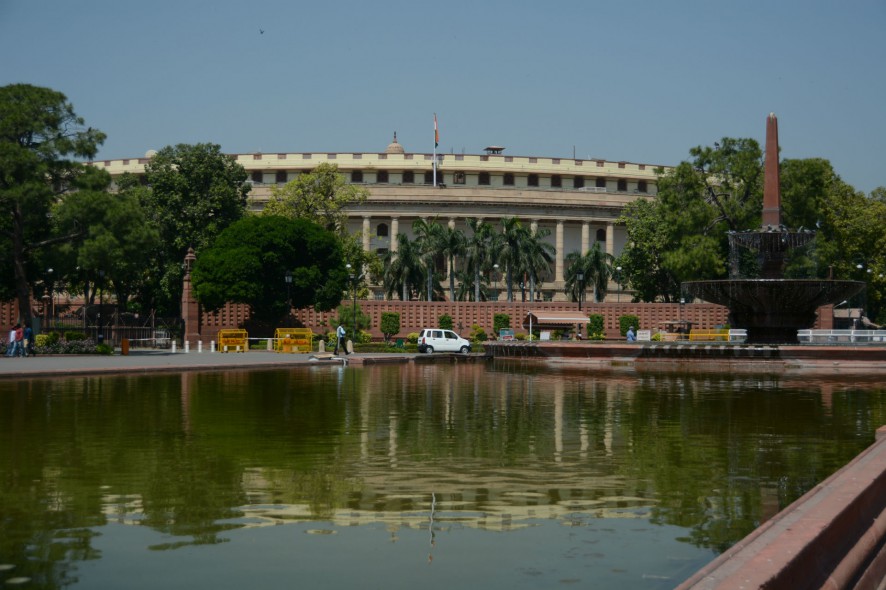The Central Government has passed the Marine Aids to Navigation Act, 2021 on July 31, 2021. The Act repeals the Lighthouse Act, 1927, which provided for the maintenance and control of lighthouses in India.
Salient features of the Act are:
- Purpose and Scope
The Act applies to the whole of India including various maritime zones including territorial waters, continental shelf, and exclusive economic zone. The Central Government has the power to designate any aid to navigation to be a general aid to navigation. The Act seeks to provide for the development, maintenance and management of aids to navigation in India along with the training and certification of operator of aids to navigation.
- Officers under the Act
Section 4 of the Act provides that the central government will appoint: (i) a Director General, (ii) Deputy Director Generals, and (iii) Directors for districts (which the centre may demarcate). The Director General will advise the central government on matters related to aids to navigation, among others.
- Central Advisory Committee
Section 6 of the Act provides that central government may appoint a Central Advisory Committee (CAC) consisting of persons representing the interests affected by the Act, or having special knowledge of the sector. The government may consult the CAC on matters including: (i) establishment of aids to navigation, (ii) additions, alteration, or removal of, any such aids, (iii) cost of any proposal relating to such aids, or (iv) appointment of any sub-committee. Further, the CAC may also appoint sub-committees for additional advice on these matters.
- Management Of General Aids to Navigation and Vessel Traffic Services
Section 8 and 10 of the Act provides that the Central Government shall be responsible for the development, maintenance and management of all general aids to navigation and vessel traffic services. Its powers with regard to their management include: (i) establishing, maintaining, adding, altering, or removing any aid to navigation, (ii) authorising to inspect any such aid which may affect the safety of navigation, and (iii) acquiring any land as may be necessary.
- Training and certification
Section 18 of the Act provides mandates training programs for persons operating on any aid to navigation (including any ancillary activities), or any vessel traffic service. The central government will accredit training organisations for imparting training to, or conduct assessments of, persons in the operation of aids to navigation and vessel traffic services.
- Levy of marine aids to navigation dues
The Act provides that marine aids to navigation dues will be levied and collected for every ship arriving at or departing from any port in India, at the rate specified by the central government from time to time. The central government may wholly or partially exempt certain vessels from these dues: (i) any government ship, which is not carrying cargo or passengers for freight or fares, or (ii) any other ship, classes of ships, or ships performing specified voyages.
Any dispute related to the marine aids to navigation dues, expenses, or costs, will be heard and determined by a civil court having jurisdiction at the place where the dispute arose.
- Heritage Lighthouse
The central government may designate any aid to navigation under its control as a heritage lighthouse. In addition to their function as aids to navigation, such lighthouses will be developed for educational, cultural, and tourism purposes.
- Penalties
The Act provides certain offences and penalties such as:
(i) intentionally causing obstruction of, reduction in, or limitation of, the effectiveness of any aid to navigation or vessel traffic service, will be punishable with imprisonment of up to six months, or a fine up to one lakh rupees, or both, (ii) intentionally causing damage to, or destruction of any aid to navigation or vessel traffic services, will be punishable with imprisonment of up to one year, or a fine up to five lakh rupees, or both.
*Tanvi Singh, Editorial Assistant has put this story together.







